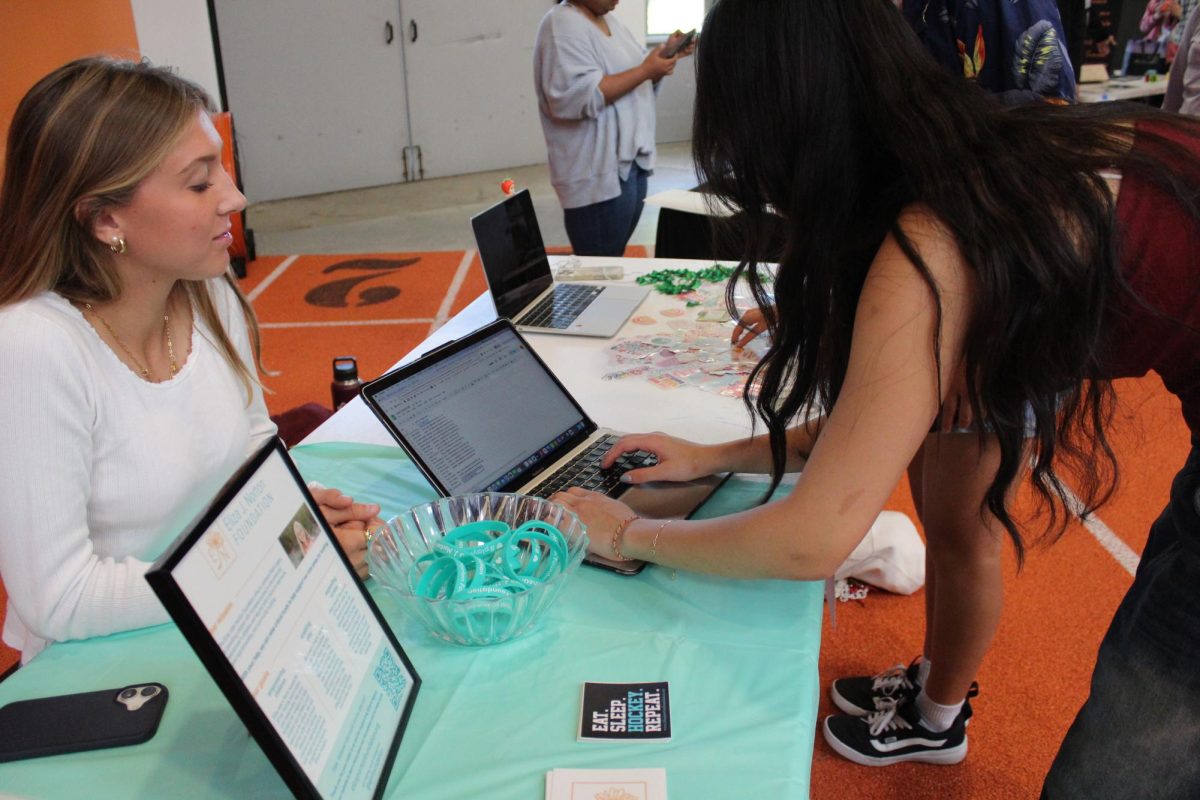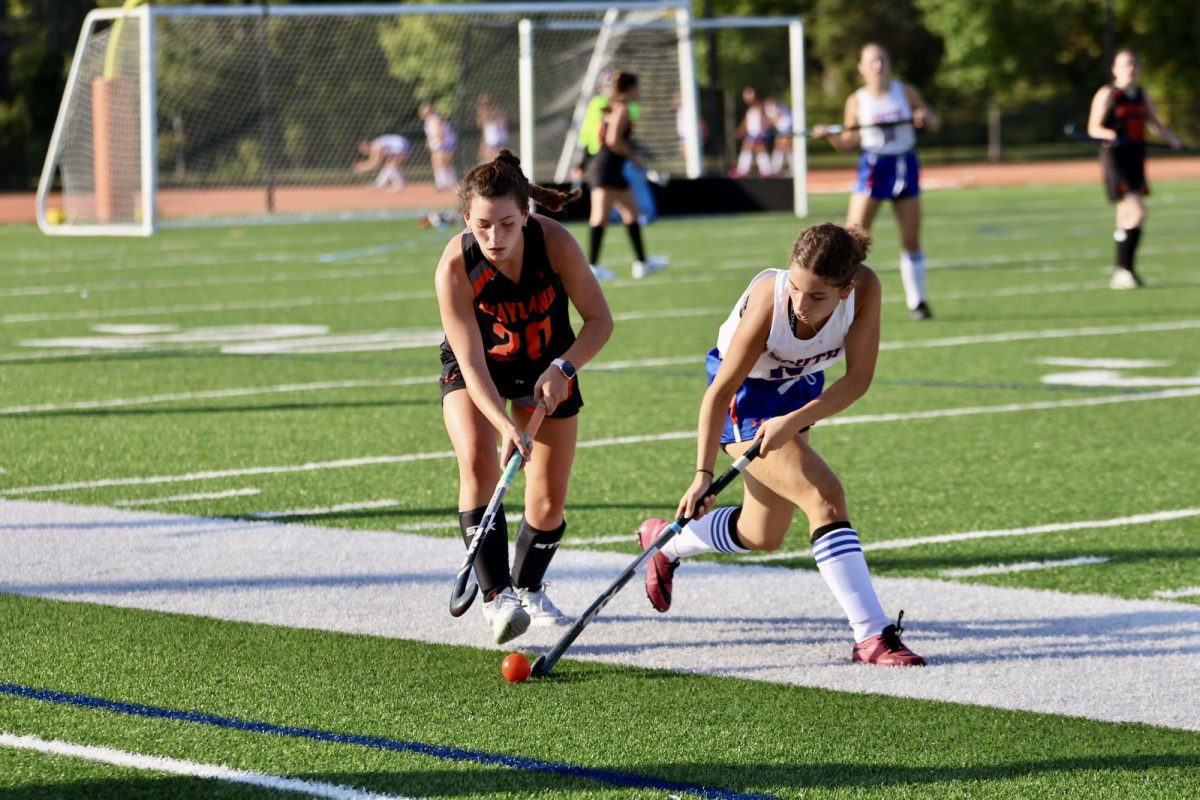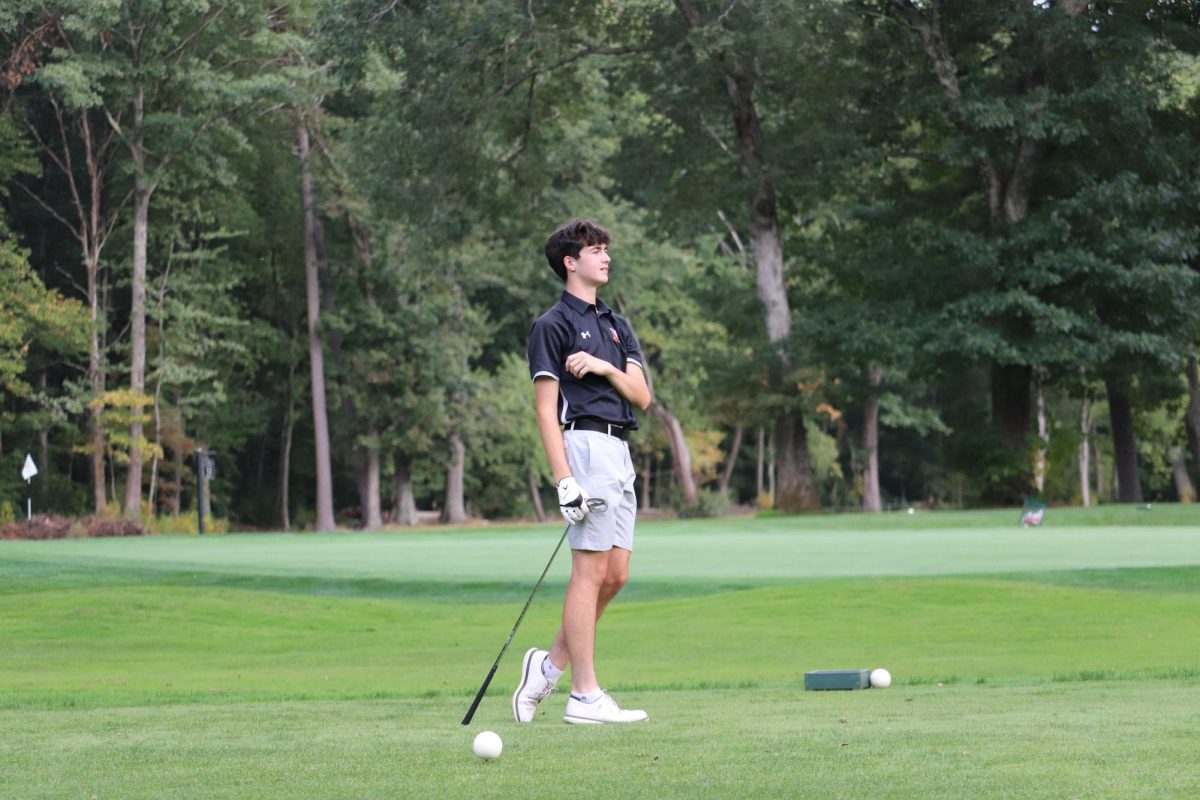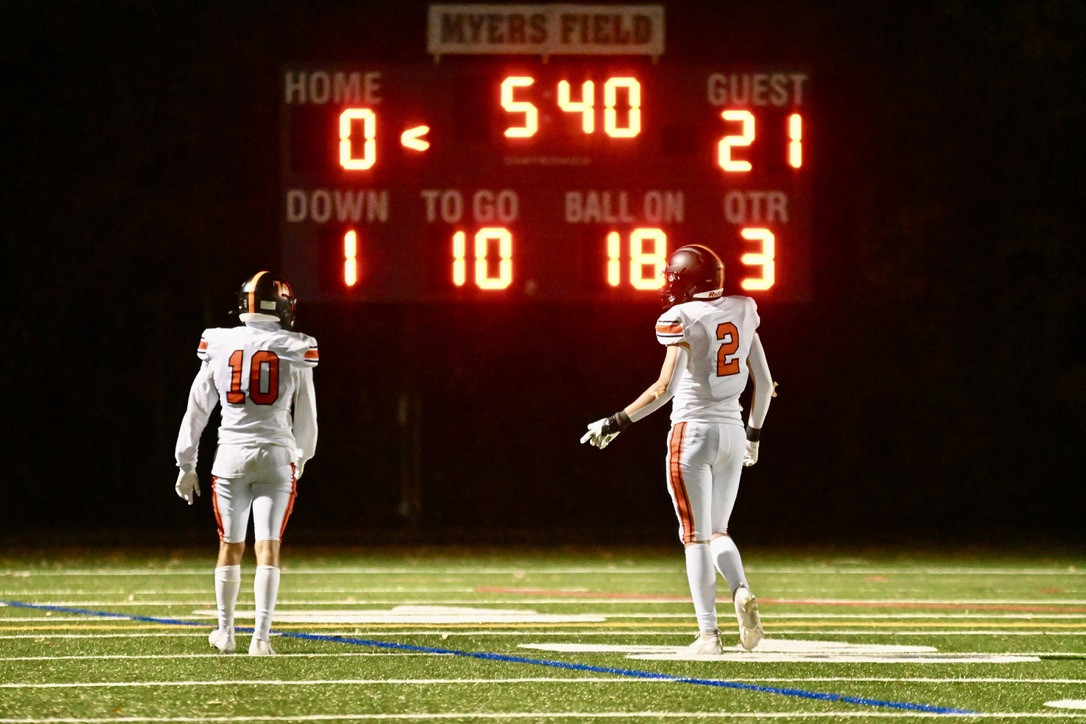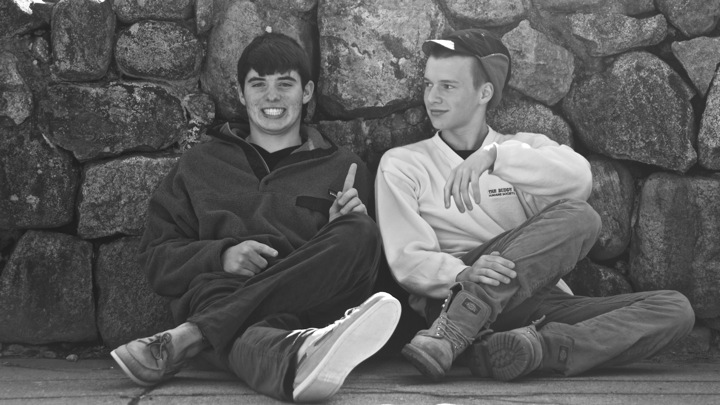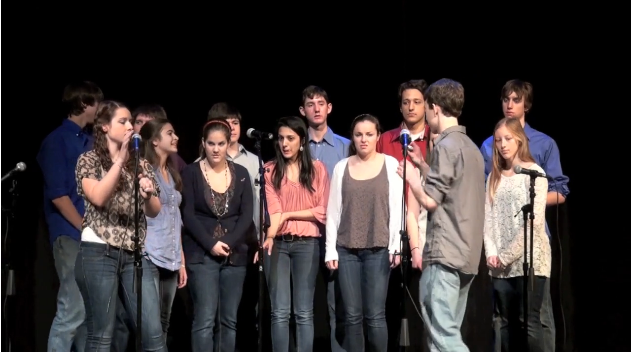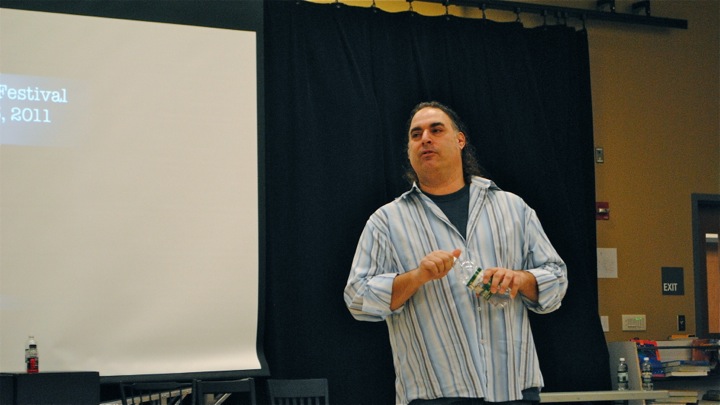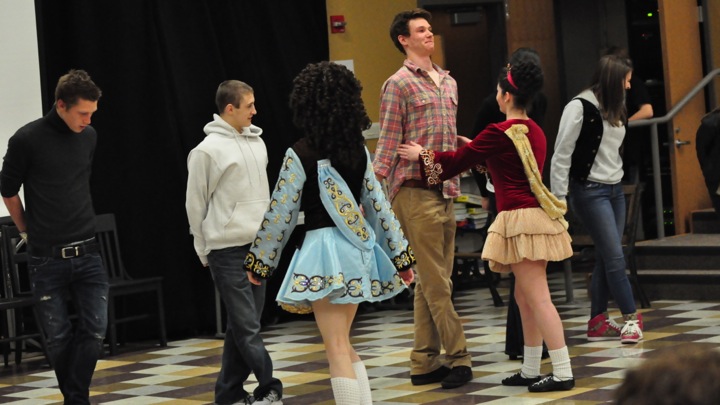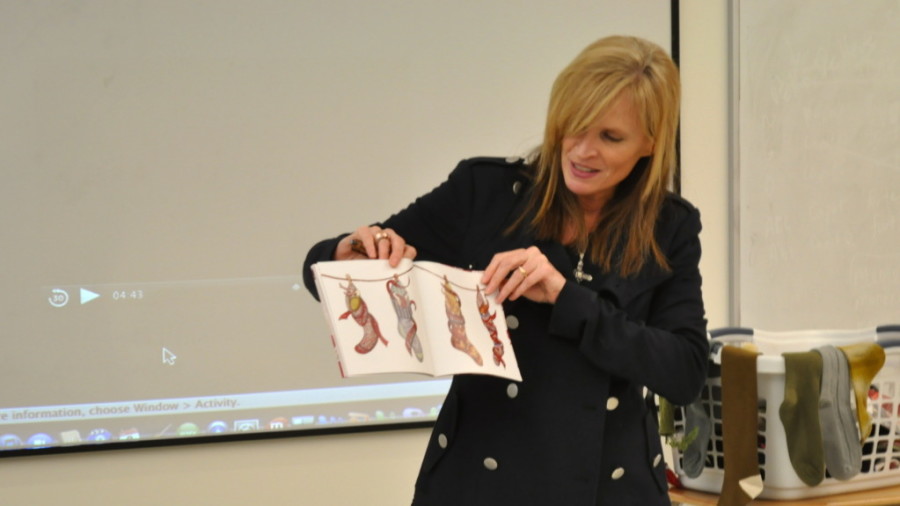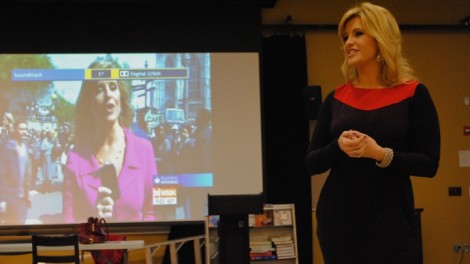
At 2:30 AM, most Wayland High School students are asleep or heading to bed after a long night of work, but Paula Ebben, a WBZ-TV News anchor, is just starting her day.
Ebben anchors the 4:30 AM, 5 AM, 6 AM and 12 PM news along with her co-anchor David Wade.
Growing up in Shrewsbury, MA, Ebben was the youngest of 11 kids.
“I always felt as though [my brothers and sisters] knew everything, like I could never possibly know something they didn’t already know,” said Ebben. “I think I went into news because I love finding things out first.”
After high school, Ebben attended Boston College where she majored in English. During her junior year, Ebben studied abroad for a semester in London. During her stay there, Ebben was able to get an internship working for a member of Parliament.
After college, Ebben worked for New England Cable News before she signed on with WBZ-TV.
In Ebben’s opinion, news anchors should be conversational and talk without giving viewers a sense that the anchors are actually reading.
Between smartphones, the Internet and television, citizens are able to get breaking news instantaneously, so according to Ebben, her newscast is the third news source that people encounter at the start of their day.
Although the spread of news has become faster with social networking, iPhones and the Internet, Ebben calls our current era the “golden age of television.”
“What’s different now is that TV brings people their lives,” said Ebben. “The ability for people to be able to see what’s going on is really a revolutionary idea. Now TV can make people feel much more interconnected with what’s going on than long formal news stories do.”
For Ebben, although the paradigm has changed so that TV is not the main news source, she believes that this shift is not necessarily a bad thing.
“I don’t think that getting different styles of news from different sources means that the news is suffering. I think you get many more different angles on news now than we used to,” Ebben said. “I actually think it’s much more democratically gathered now, especially once you add bloggers and Twitter. When all those protests were going on in the Middle East last spring, people weren’t getting [the news] from us, they were getting [the news] from tweets from people standing in the street seeing a dead body next to them.”
She also believes that the images that are seen on television play a big role in delivering the news.
“I think as difficult as it is to see images like you did on 9/11, your understanding of what really happened and compassion for the people who were really there is completely different from if you were to read about it in the newspaper,” said Ebben.
But Ebben still realizes some of the challenges that come with TV news.
“TV news is hard because you’re with people at possibly the worst moment of their lives, and then the next day, you’re talking to a governor or someone who’s done something great,” Ebben said.
One of the most enjoyable experiences of Ebben’s career has been being one of three newscasters in Boston who was able to say, “Good morning, the Red Sox won the World Series.”
Moments like this resonated with students.
“I really enjoyed the presentation,” said junior Mary Downs. “I can honestly say I’ve never thought of being a newscaster, but she made it sound so appealing and fun and exciting.”
Ebben enjoys her work, and her favorite part of being a news anchor is observing the variety and development of the stories she covers.
“It’s absolutely different every day, when I come in in the morning all the news is new. I find out what happened over night and what people are focusing on,” she said. “Some news stories do live on for days, in which case it’s fascinating to watch a story change.”
During Ebben’s average work day, she gets up at 2:30 AM and tries to go to bed around 8:30 PM.
“Some days it’s boring, and other days you’re covering the Super Bowl or the royal wedding,” said Ebben.
In fact, the royal wedding was a major milestone in Ebben’s career. Because of her experience in London when she was younger, interning for a member of Parliament, Ebben got the unique experience of covering the event in England for all of CBS’s news stations. During her coverage of the wedding from Wednesday to Friday, the day of the wedding, Ebben did not sleep once.
“It’s the type of work where you have to work very long hours, very strange hours, but you get to do great things,” Ebben said.



